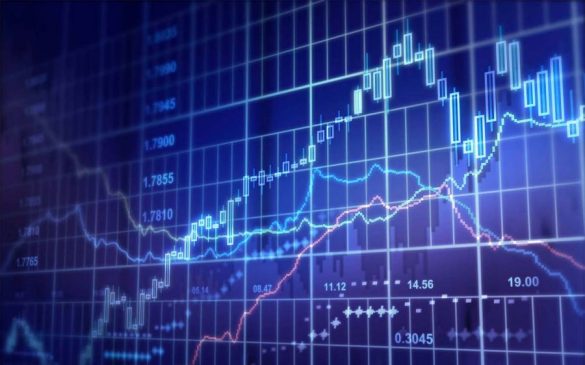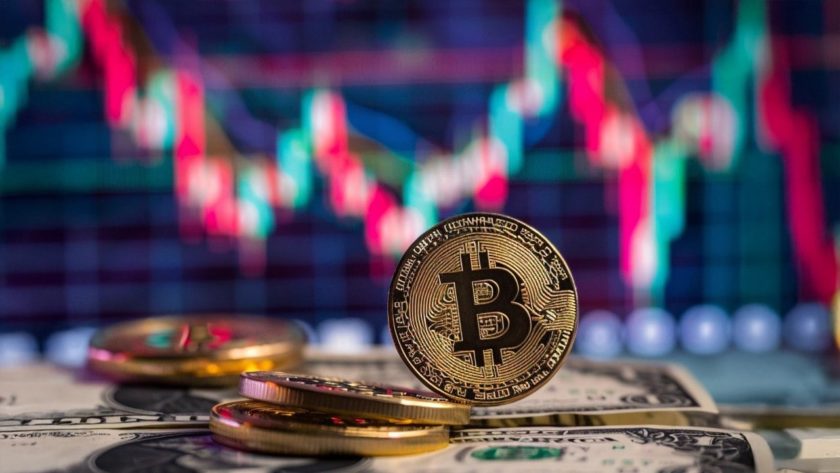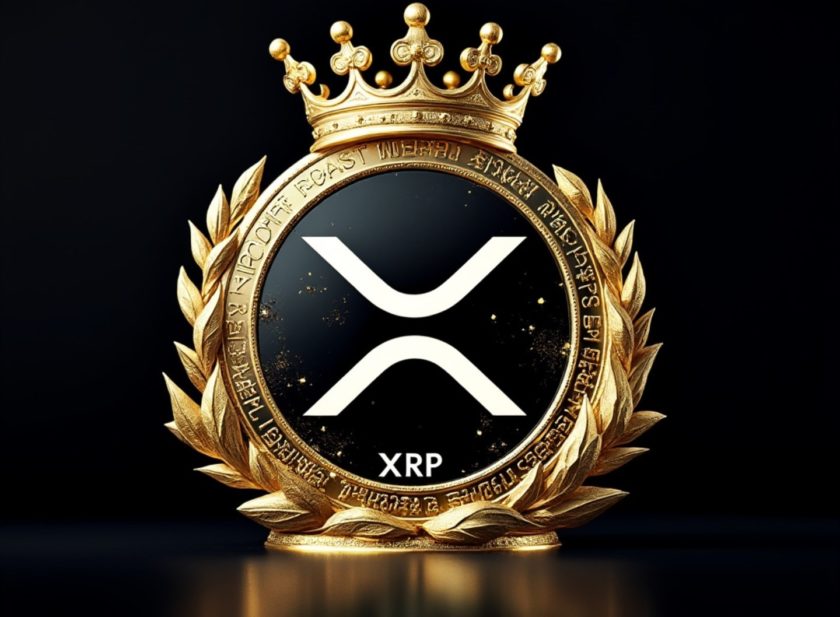When the Internet was born, the biggest investment opportunities opened up to the world.
Post-Internet, a blockchain has changed the history of investment. It is after all, the very technology that powers Cryptocurrency, the future of money and markets.
Cryptocurrencies, however, are notorious for being high-risk due to their unpredictable price fluctuations.
But today, if more and more traders are investing in crypto-assets with higher confidence it’s because of the market makers.
In the cryptocurrency world, market making is actively buying from one investor and selling to another to provide market liquidity.
That’s because market makers, whether individual day traders, banks or brokerage companies “make the market” by facilitating order flow. This keeps the market for a particular digital asset like bitcoin, alive and productive.
To better understand how market makers work, here’s a simple example.
Jane only wants to procure 1 BTC (Bitcoin Core) and she wants to exchange her 10 ETH (Ethereum) for it.
What if no one want to do an exchange with Jane?
It’s a good thing John agrees to a swap with Jane at the market rate of 9.9 ETH to 1 BTC.
But John does not stop there. After buying from Jane, John in turn finds a seller.
To do this, he sells the ETH for BTH on his exchange account for a slightly higher market rate, at 1.01 BTC.
So for this swap, he still earns 0.01 BTC in profit. Jane is a market taker.
John is a risk taker but more than that, a market maker.
Market makers can take calculated risks.
You may notice in the above example that there is a small difference between an exchange which guarantees only a small profit for market makers.
The difference between the buy and sell price is called the “spread” or by definition, the difference between the bid and the ask price.
Market makers often tighten the bid-ask spread to reduce transaction costs to buy or sell.
This results in only a small profit per one cryptocurrency exchange. But for market makers such as the largest institutional global banks who do millions of trades in a day, that can add up!
Market making is not all about manipulation.
It entails adjusting the price of digital assets to balance the supply and demand of cryptocurrencies in the market.
Again, the ethical goal, is not to manipulate the market but to enable buyers and sellers to achieve their goal of investment or sales quickly and keep the transactions flowing. This invites more investors and lower the trading cost.
More volume means more liquidity.
The biggest market makers can do so by having a diversified portfolio of digital assets and maintaining a spread on each.
Furthermore, to calculate the risk, tools have become indispensable like automated bots running trading algorithms to offer different trades at competitive prices, in addition to skilled humans overseeing the day’s trading.
Thus, the most trusted market makers need to have a solid investment in technology, manpower and a strong code of ethics.
Today, there are thousands of cryptocurrencies to invest in and there are thousands more coming soon.
Large and successful market makers bank on their experience and technical expertise apart from their large financial backing. Such institutions have realistic expectations and proper risk control in place.
Meanwhile, average or novice traders can also take risks to gain experience as a market maker. Although this learning process comes at a high cost.
Thus, market makers make it easy for anyone to buy or sell an asset at any amount, any time less the waste of time, effort and money.
So if cryptocurrencies are the future of money and markets, trusted market makers are your guide to that future.




